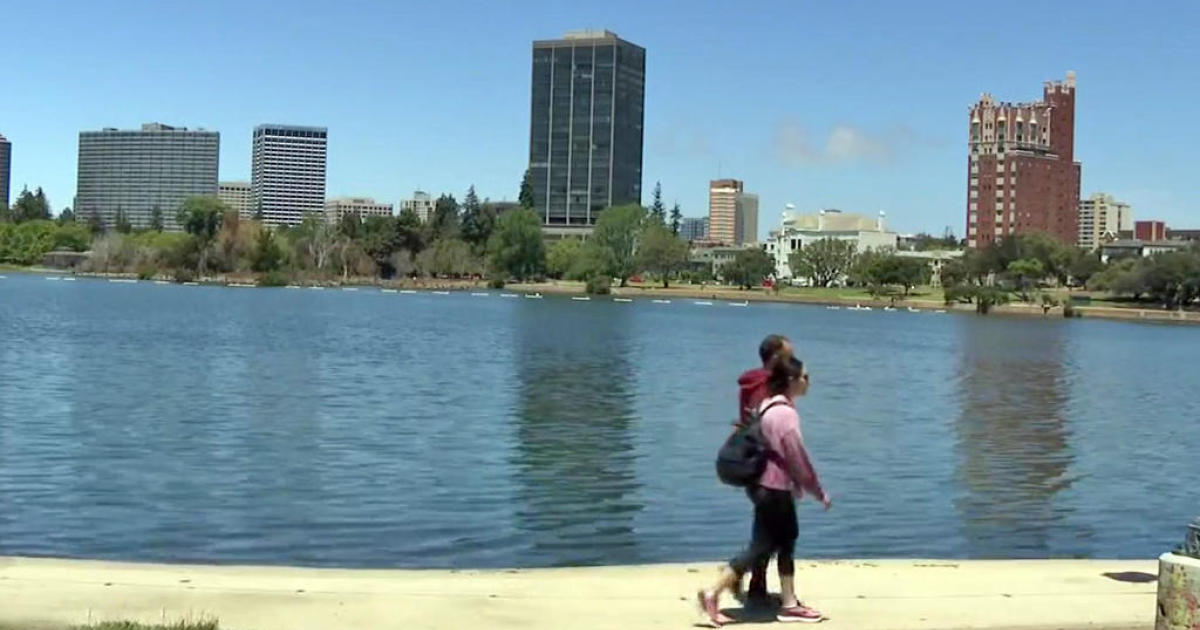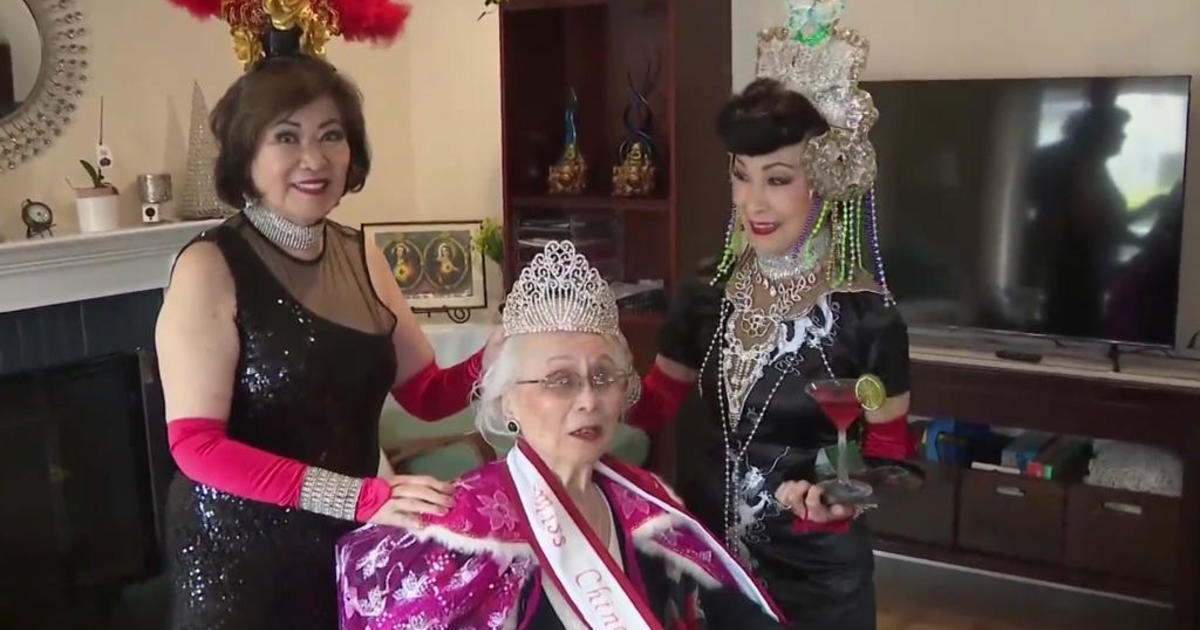New Poll Favors Brown Ahead Of 1st Debate With Whitman
DAVIS (CBS 5 / KCBS / AP) -- Democrat Jerry Brown and Republican Meg Whitman face off Tuesday in their first gubernatorial debate, as new poll numbers show Brown edging his Silicon Valley rival.
About a fifth of California voters are still undecided on a candidate, according to the latest polls, and the debate at University of California, Davis, could break the campaign deadlock. Mail-in ballots will soon be going to absentee voters.
Whitman is the former eBay CEO and Brown, the state's attorney general, was a two-term governor in the 1970s. A University of Southern California-Los Angeles Times poll released during the weekend shows Brown leading Whitman 46 to 41 percent among likely voters.
The poll had a sampling error margin of 3.3 percentage points.
This first debate between the candidates has been talked about as a potential turning point in what has been a very close race to be California's next governor.
The first debate has typically been considered the most important in any given political contest because it often garners the highest audience.
"It's the first time voters will have a chance to see them in the same place under the same conditions," said former Democratic Gov. Gray Davis, who was chief of staff during Brown's previous term in the governor's office. "Generally, people come away from a debate thinking one of the candidates did better. Your message has to be sharpened."
Most analysts predicted ahead of the debate that Whitman would be asked to defend her record campaign spending, which at last estimate, included $119 million of her personal fortune.
"You're up against entrenched competitors, you know, career politicians," Whitman previously said in defense of her use of personal funds. "I mean, think about it. Jerry Brown has the best-known name in California politics. There has been a Brown in office in California, either Jerry's father, himself, or her sister, for 58 out of the last 60 years."
"This race is very competitive," acknowledged Brown. "Recent polls indicate that my campaign is starting to move ahead. But have no doubts, this is a very close race. It's going down to the wire."
Public opinion polls released over the past week show a competitive race the week before voters begin to receive their vote-by-mail ballots, with a large segment of independents still undecided.
Voters are angry with politicians in Sacramento for failing again to pass a state budget, while at least 2.2 million Californians are unemployed and house values have yet to recover.
Both Whitman and Brown have criticized Gov. Arnold Schwarzenegger for failing to negotiate a state budget and have pledged to begin meeting with legislators to address the state's fiscal problems as soon as one of them is elected. But neither has offered specifics on how to close the $19 billion budget deficit.
Whitman, a billionaire, has spent her personal fortune, partly on TV and radio commercials promising to use her business experience to turn around California's budget problems. Her ideas include cutting the state's work force by 40,000 and suspending lawmakers' pay for every day the budget is late.
"Now she's going to be outside the domain of a created commercial. How she takes the heat in the kitchen, a lot of us are waiting to see," said Larry Berman, a political science professor at the University of California, Davis. "She has to prove there's substance behind all of these proposals, and this isn't just a $100 million whim to become governor."
Brown, 72, has relied in large part upon his previous record as governor in an attempt to convince voters that he knows how to balance a budget. During the early years of his first term as governor, from 1975 to 1979, he built a $5 billion surplus and preached a message of fiscal restraint.
He and the Legislature later spent that money to bail out local governments and schools that had their funding cut when voters cut property taxes under Proposition 13 in 1978.
The challenge in the debate for Brown, experts say, is for him to convey his ideas in a short and concise manner rather than the long-winded, meandering explanations he often resorts to in campaign speeches or media interviews.
"Brown has his arms around these issues and has for decades," said Larry Gerston, a political science professor at San Jose State University. "Its not a matter of his mastery of issues. It's how he comports himself. There's a point where you look too smart and you become condescending."
Whitman also has characterized Brown as a liberal spender who wants to raise taxes, pointing to legislation he signed as governor raising the gas tax. Brown and the Legislature cleverly structured the tax in a way that it only took effect if counties approved the hike, which allowed him to keep his pledge that he would not raise taxes.
He has vowed not to raise taxes if elected unless the people voted for them, something Californians rejected last year when the Legislature asked voters to extend temporary income and sales taxes to fill the budget hole.
Brown most certainly will be asked about his view on capital punishment, with the state's first execution case since 2006 before Gov. Arnold Schwarzenegger. The execution had been scheduled hours after the debate, but Schwarzenegger delayed it to consider the inmate's request for clemency.
When he was governor in the 1970s and '80s, Brown openly opposed capital punishment and vetoed death penalty legislation. Last week, Brown told an editorial board of The Sacramento Bee that he was not morally opposed to the death penalty and would enforce state law if elected governor.
KCBS will air the debate, live from UC Davis, 6:00 p.m. Tuesday.
(© 2010 CBS Broadcasting Inc. All Rights Reserved. This material may not be published, broadcast, rewritten, or redistributed. The Associated Press contributed to this report.)



